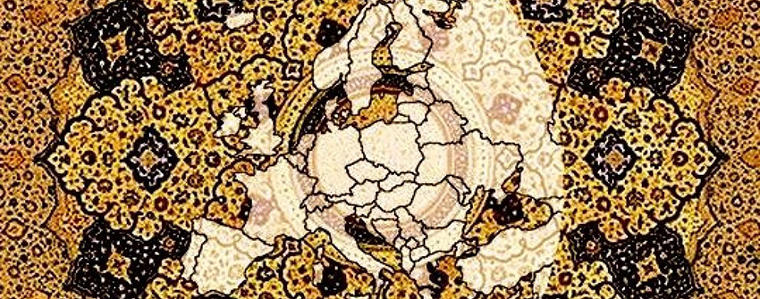'Journey into Europe': Conflict, Migration and Religion
Akbar Ahmed Screens and Discusses His Film on Muslims in Europe
Wars and oppression—from Syria and Iraq to Afghanistan and parts of Africa—last year pushed more than a million people to seek safety and opportunity in Europe. This tide of migrating humanity has heightened Europe’s tensions around its growing Muslim community. Conflict is growing around terrorism, the status of sharia law, the construction of mosques, and the possibility and desirability of multicultural societies. On March 23, American University anthropologist Akbar Ahmed screened his 2015 film exploring these tensions in Europe, and discussed their implications, including those for relations between the Islamic world and the West.

Europe’s recent history with the Islamic world includes decades of immigration by Muslims, often as “guest workers” or from the colonies of European empires. But Europe has struggled over how, or even whether, to assimilate its Muslim peoples. Problems surrounding Muslim identity in Europe have moved to the fore of policy debates since the 9/11 attacks, and especially following last year’s terrorist violence that killed more than 140 people in Paris.
These tensions are addressed in Journey into Europe, a film based on Professor Ahmed’s travel with a team of researchers through nine European countries. They interviewed prime ministers and street protesters, archbishops, rabbis, muftis and a range of other Europeans. Ahmed is writing an accompanying book, the last of four volumes exploring relations between the West and Islamic world after 9/11. This screening and discussion are part of a long USIP history of engaging with people and institutions working through religion to build peace in areas of conflict.
Speakers
Ambassador Akbar Ahmed
Ibn Khaldun Chair of Islamic Studies, American University
Rev. Susan Hayward, Moderator
Director, Religion & Inclusive Societies, USIP



